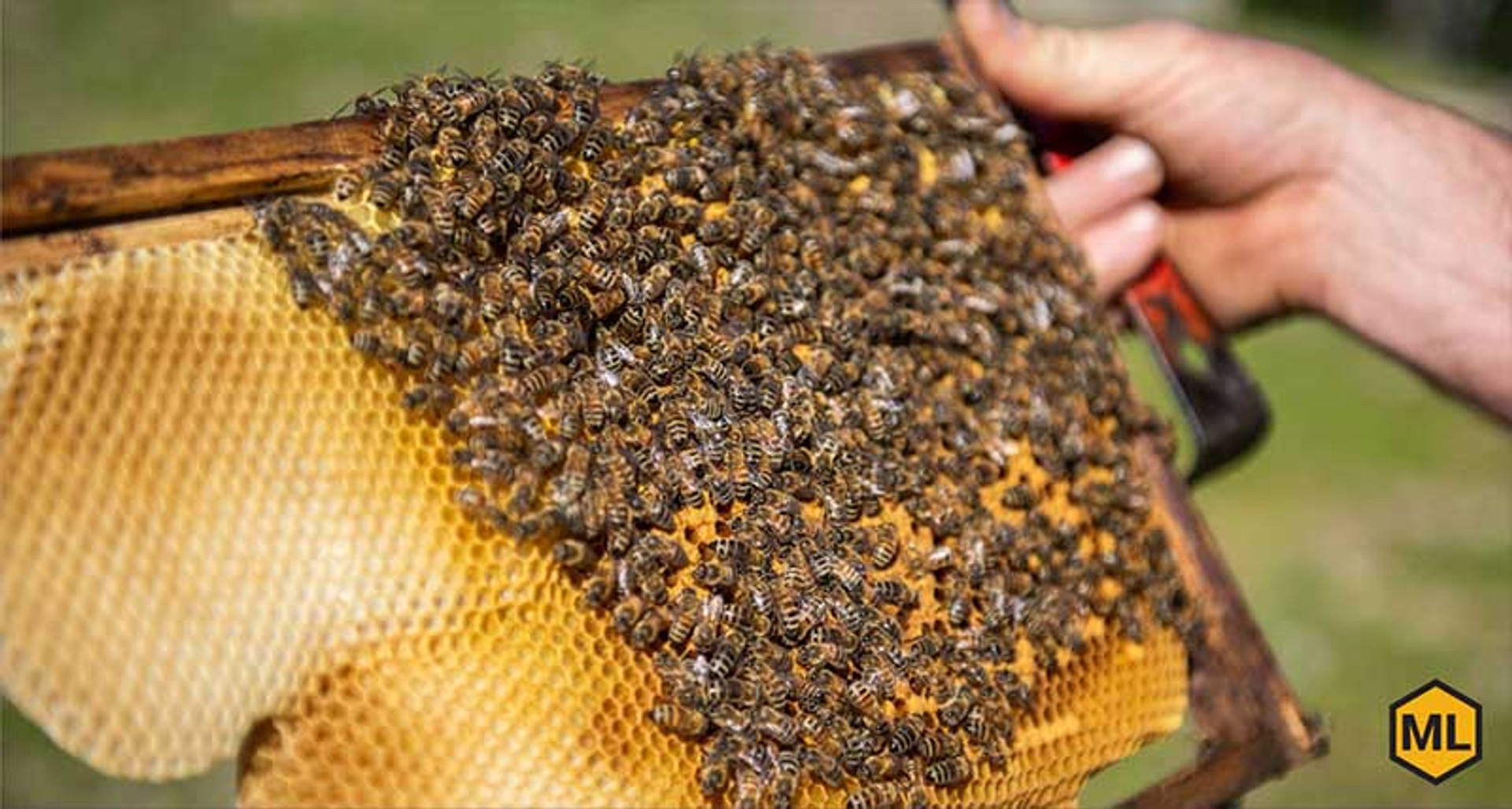Your Summer Beekeeping To-Do List
Summer is a fantastic time to be a beekeeper. The sun is warm, the world is colorful, and honey stores are growing as your hives boom with productivity. In fact, your colony is working so hard that they’re almost entirely self-sufficient. You get to spend a lot of your time sitting back and watching your bees do what they do best: forage for nectar, protect the hive, and make sweet, sweet honey for the coming harvest. However, you’ll need to keep up with few things on your summer beekeeping to-do list. Ensure that your honey bees stay healthy and that your harvest is as fruitful as it can be with these summer beekeeping tips.
REGULAR INSPECTIONS
No matter what time of year it is, part of your job as a beekeeper is to keep an eye on your hive and colony. You should perform regular hive inspections throughout the summer. Take a look every other week or so to make sure your queen is still present and laying eggs. Remember to keep an eye out for varroa mite infestations, wasps, or other bees that might steal from your colony’s honey stores.
WATCH FOR SWARMS
Honey bee colonies reach their peak population in the summer, so you have to keep an eye out for signs of swarming. When a colony outgrows its hive, it will split in two, and half the population will leave to find a new hive. This can be a perfect opportunity if you’re looking to establish an additional honey bee hive. If you don’t want your colony to swarm and split up, you can add new supers to your hive to make more room for the bees’ growing population. Either way, it’s important that you pay attention to your honey bees so that you can prepare to take action if you see signs of a swarm.
HARVESTING HONEY
At the end of your summer beekeeping to-do list is a beekeepers’ most exciting job: the honey harvest. Late summer is the time to harvest and extract your honey. Remember to keep your bees and the upcoming winter in mind as you do so—leave enough honey behind to feed the colony throughout the winter. The colder your climate gets, the more honey they’ll need to survive. This might mean you don’t get as much from your harvest as you’d like, but it’s the best way to ensure your honey bees stay healthy and safe so that they can bounce back in spring to do it all over again.
Nothing is quite as sweet or satisfying as a beekeeper’s summer. Stop by Mann Lake today to make sure you have all the beekeeping tools you need to make it through the season successfully.

